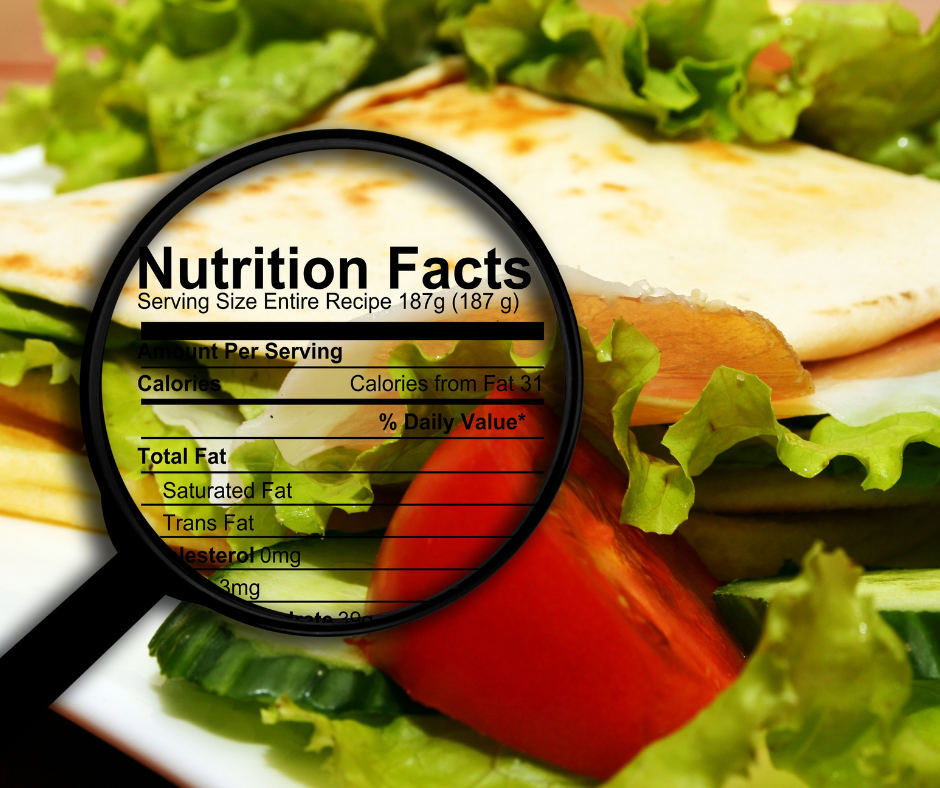In the high-performance world of leadership, food is more than fuel — it’s a strategic asset.
Just like elite athletes wouldn’t eat junk before a race, leaders can’t afford to run on poor nutrition. What you eat directly impacts how you think, feel, and lead.
To make this more actionable, let’s explore how nutrition fits into the Corporate Athlete Model, which develops leadership capacity across four key domains: physical, emotional, mental, and spiritual.
1. Physical Capacity: Feed the Body, Fuel the Brain
Leadership is physically demanding — long hours, endless meetings, and decision fatigue. But it’s the brain, not just the body, that burns most of the fuel.
- The brain uses up to 20% of the body’s energy, relying on a steady supply of glucose and nutrients to stay sharp [1].
- Skipping meals or relying on sugar-laden snacks leads to energy crashes, poor focus, and irritability.
- Leaders need high-quality fats (like omega-3s), fiber-rich carbs, and clean proteins to support cognitive stamina.
Smart nutrition isn’t just about not getting hungry — it’s about sustaining peak performance all day long.
2. Emotional Capacity: Balanced Mood Starts on the Plate
Mood swings, impatience, burnout — they don’t just stem from pressure. Often, they’re signs of blood sugar instability or inflammation triggered by poor dietary choices.
- Diets high in sugar and ultra-processed foods spike insulin and crash cortisol, fueling anxiety and frustration [2].
- Nutrients like magnesium, B-vitamins, and tryptophan (found in leafy greens, legumes, nuts, and seeds) help regulate mood.
- Gut health, influenced by what you eat, also produces over 90% of the body’s serotonin, the feel-good hormone [3].
A leader who eats well is far less likely to snap under pressure.
3. Mental Capacity: Sharpening Focus, Clarity, and Memory
You can’t lead decisively with brain fog.
- Poor diets rich in refined carbs and inflammatory oils are linked to impaired memory, slow reaction time, and reduced problem-solving [4].
- Nutrient-dense foods like berries, dark leafy greens, walnuts, and fish protect against cognitive decline and keep mental performance high.
- Hydration matters too — even a 1–2% drop in hydration impairs executive function [5].
Want better focus in meetings? Start with your meal choices before them.
4. Spiritual Capacity: Aligning Food with Purpose
Purpose-driven leaders are conscious of how their actions align with values. Nutrition is part of that integrity.
- Choosing whole, real foods is an act of self-respect and stewardship, both of your body and your performance.
- It models a culture of intentional wellbeing, inspiring teams to prioritize their health too.
- Mindful eating — slowing down, chewing properly, appreciating meals — supports not just digestion, but clarity of mind and intention.
When you eat with purpose, you lead with purpose.
Conclusion: Leading Well Starts with Eating Well
Nutrition isn’t just a health issue — it’s a leadership issue. When you eat better, you:
✔️ Think more clearly
✔️ React more calmly
✔️ Decide more confidently
✔️ Lead more effectively
In the boardroom or on the frontlines, the quality of your leadership mirrors the quality of your fuel.
So next time you reach for a quick bite — ask yourself:
Is this helping me lead better?
References
- Benton, D. (2010). The influence of dietary status on the cognitive performance of children. Molecular Nutrition & Food Research, 54(4), 457–470.
- O’Connor, L., et al. (2018). High sugar intake and increased risk of depression in longitudinal studies. American Journal of Clinical Nutrition, 107(6), 857–867.
- Mayer, E. (2016). The Mind-Gut Connection. Harper Wave.
- Gomez-Pinilla, F. (2008). Brain foods: the effects of nutrients on brain function. Nature Reviews Neuroscience, 9(7), 568–578.
- Masento, N. A., et al. (2014). Effects of hydration status on cognitive performance and mood. British Journal of Nutrition, 111(10), 1841–1852.

